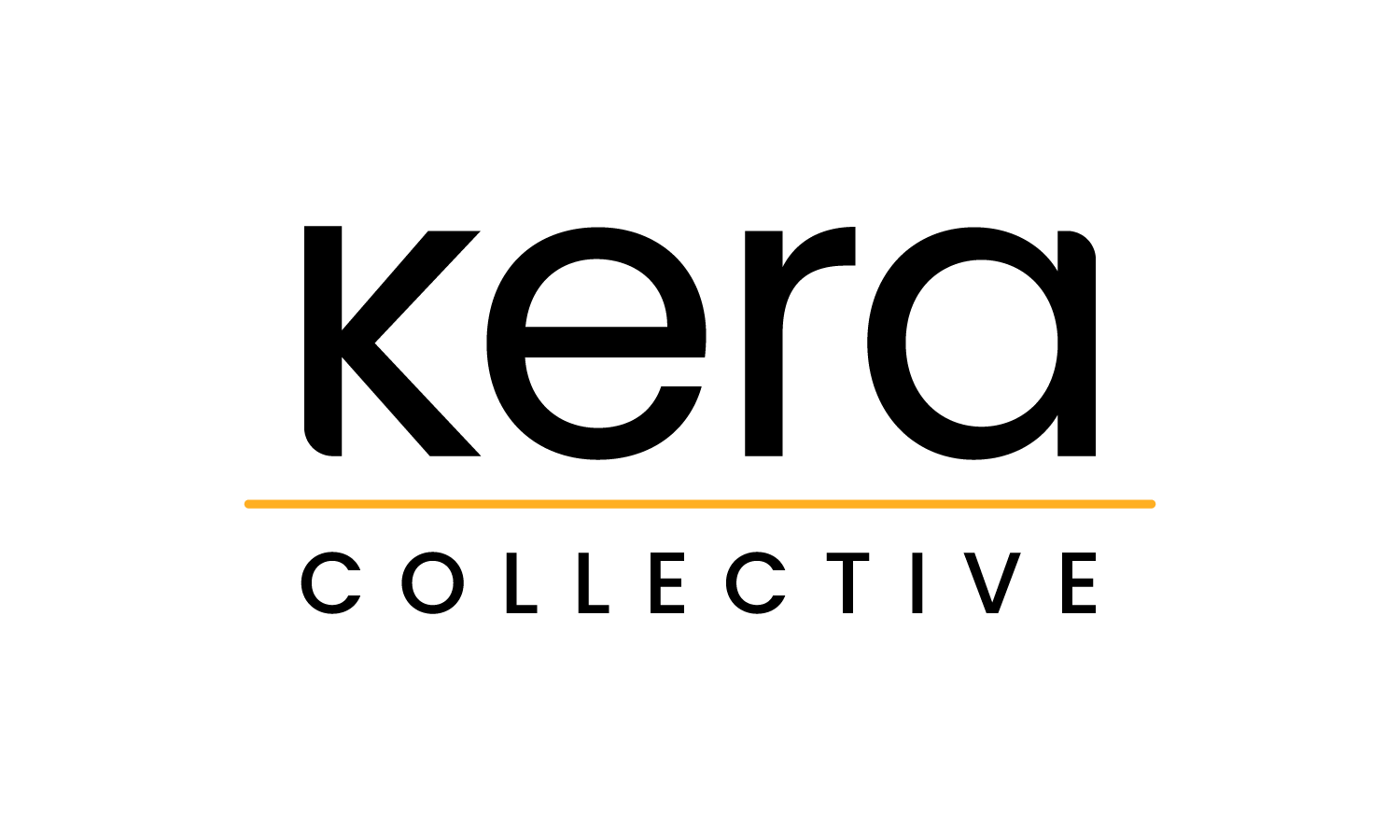Exhibit Concept Testing for a New Museum in the Middle East
Client: New Museum in the Middle East | Location: Middle East
We led three rounds of rapid formative evaluation to support audience-centered exhibit design and development for a New Museum in the Middle East.
OVERVIEW
In 2021, we led three rounds of formative evaluation to test exhibits for a New Museum in the Middle East, which will be unique among other attractions in the region. Our primary goals were to ensure the planned exhibits appeal to target audiences and uncover potential barriers to engagement for the museum and designers to consider as they finalized concepts and designs. A secondary goal was to grow the museum’s capacity in evaluative thinking.
Our work was part of a unique partnership among Kera Collective, museum staff and advisors, a local research firm, and design and interpretation firms, who all made key contributions to the evaluation process.
APPROACH
From the United States, we designed and managed all evaluation efforts remotely, working closely with the local research firm to ensure we took an overall culturally responsive approach and with the museum, interpretation, and design teams to generate materials to test. We developed all protocols and data collection tools and trained the local firm to collect the data. Together over six months, we led three rounds of focus groups with target audiences in the region, including:
Children (elementary school to high school ages)
Parents, and
Teachers
Our team rapidly analyzed the focus group data and provided insights in short, actionable reports. And, we coached museum staff throughout the process on integrating evaluation into their work.
CLIENT TAKEAWAYS
Across evaluation rounds, we identified nuanced insights about individual exhibits as well as high-level trends affecting many exhibits and audiences. In some cases, the museum, design, and interpretation teams were able to take action right away, tweaking designs for clarity and usability. In other cases the findings sparked productive reflections on different audiences’ needs.
The process also set the stage for museum staff to continue building relationships with its target audiences, an important step for any museum, especially one in its nascent planning stages without a physical building.
